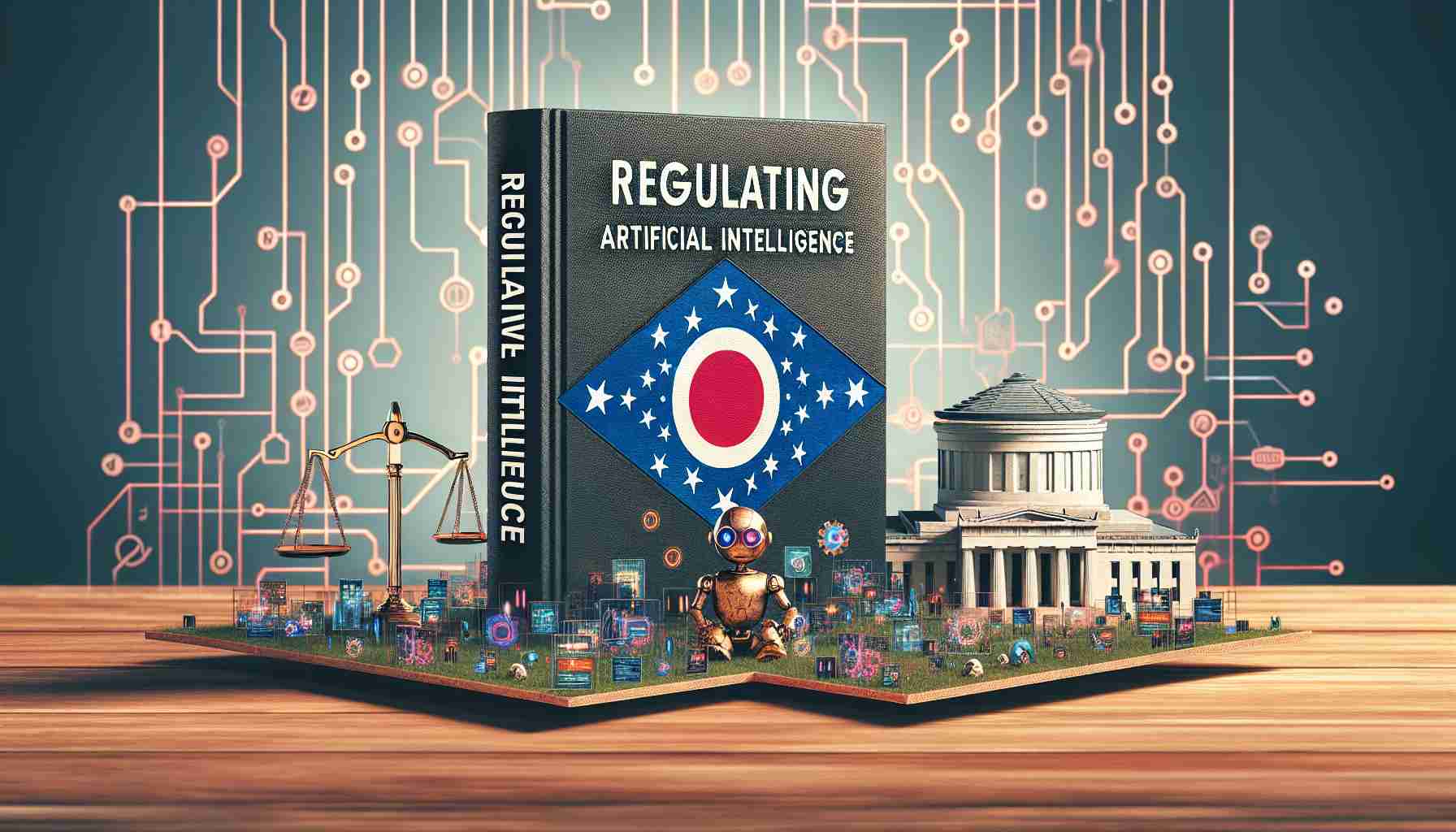Ohio has emerged as a pioneer in tackling the challenges posed by artificial intelligence (AI) with a forward-thinking approach by lawmakers. The proliferation of AI technology in diverse sectors is forecasted to hit $190 billion by 2025, as noted by Global Market Insights. Addressing the importance of transparency, democracy, and personal privacy, Ohio has initiated two bills to regulate AI implementation across various domains.
House Bill 410 stands out by focusing on countering the dissemination of election disinformation facilitated by AI. The dissemination of AI-generated propaganda influencing public opinions poses a significant threat to the democratic process. House Bill 410 mandates that creators of AI-generated political content provide explicit disclaimers recognizing the artificial nature of the information. Through this legislation, transparency is enhanced to mitigate the potential impact of AI-generated propaganda on election outcomes.
Conversely, House Bill 367 aims to expand current legislation to encompass clauses concerning AI. This bill specifically tackles the unauthorized usage of individuals’ identities, images, or likenesses in AI-generated advertising materials. The unethical exploitation of AI to manipulate personal information for endorsing or criticizing products and services raises ethical concerns. The objective of House Bill 367 is to prevent the unauthorized exploitation of individuals’ identities by extending the coverage of the law.
These bills reflect the acknowledgment by Ohio lawmakers of the necessity of proactive regulation in the emerging realm of AI. As technological advancements soar at an accelerated pace, it is imperative for legislators to anticipate potential challenges arising from AI. Through regulating AI, Ohio lawmakers aspire to protect the democratic process and individual privacy rights.
**Frequently Asked Questions:**
**Q: Why are Ohio lawmakers introducing these bills?**
A: Ohio lawmakers recognize the potential risks and ethical issues tied to AI applications across different domains. These bills are proposed to ensure transparency in AI-generated political content and shield individuals from unapproved utilization of their identity in AI-generated advertising or critic materials.
**Q: What is the primary goal of House Bill 410?**
A: The key aim of House Bill 410 is to combat the propagation of election misinformation aided by AI technology. It seeks to make it compulsory for creators of AI-generated political content to incorporate disclaimers that clearly outline the artificial nature of the information.
**Q: In what way does House Bill 367 extend the existing legislation?**
A: House Bill 367 suggests integrating provisions concerning artificial intelligence into an existing law that prohibits the utilization of a person’s name, image, or likeness without their approval for promotional intents. By doing so, this bill strives to hinder the unauthorized use of AI-generated content exploiting individuals’ identities for endorsing or criticizing products.
It is pertinent to note that these bills are presently in their initial stages and pending voting. Irrespective of this, their proposal underscores Ohio’s proactive stand in addressing the challenges and risks related to AI technology. Ohio legislators’ drive to regulate AI usage is a step towards maintaining the democratic process integrity and safeguarding individuals’ privacy rights.
**Sources:**
– Proposed legislation: www.ohio.gov
For further insights on Ohio’s proposed legislation, refer to the official Ohio government website at www.ohio.gov.
The source of the article is from the blog zaman.co.at
